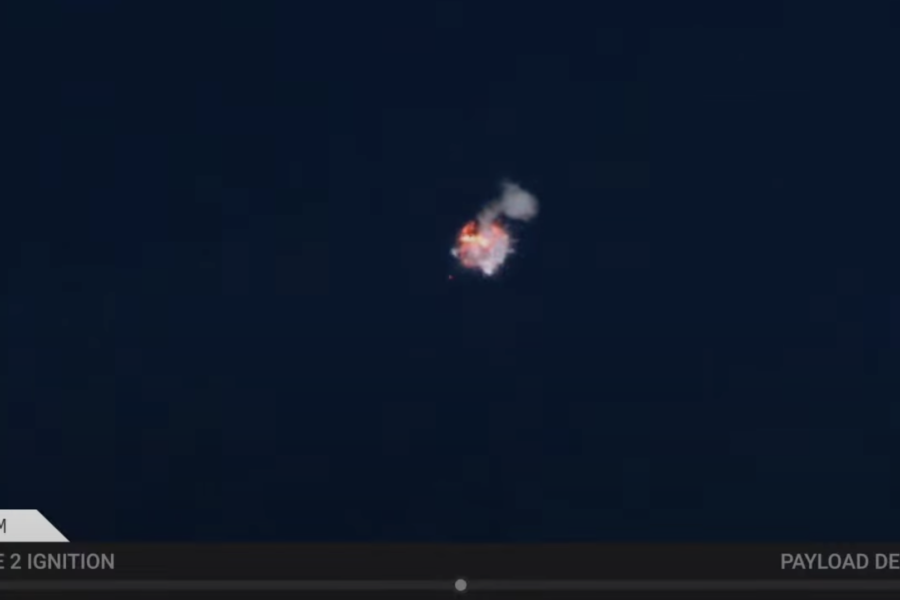Space Launch Delta 30 was forced to terminate the first test flight of space startup Firefly Aerospace’s rocket due to an anomaly Sept. 2, resulting in a dramatic explosion over the Pacific Ocean near Vandenberg Space Force Base, Calif.
Firefly was testing its Alpha rocket, designed to carry small satellites into orbit, for the first time. Launching out of Vandenberg’s Space Launch Complex 2 West, the 95-foot vehicle successfully lifted off and ascended for roughly two-and-a-half minutes, as seen in live-streamed video, before abruptly exploding, just moments after flight control operators said it had reached supersonic speeds.
In a press release, Space Launch Delta 30 public affairs said it terminated the flight after a reported anomaly. Firefly issued its own statement saying it was “too early to draw conclusions as to the root cause” of the anomaly.
Both organizations reported no injuries, though Space Launch Delta 30 did issue a statement warning local residents that there could be debris as a result of the explosion. Recreational areas, including beaches on the base, will remain closed while an investigation takes place, and if residents spot debris, they are instructed to stay at least 50 feet away.
Photos and videos of the flight reported by NASASpaceFlight.com and the Santa Maria Times appear to show the rocket spinning in midair in the moments leading up to its explosion.
“While we did not meet all of our mission objectives, we did achieve a number of them: successful first stage ignition, liftoff of the pad, progression to supersonic speed, and we obtained a substantial amount of flight data,” Firefly said in its statement.
Firefly took over one of Vandenberg’s launch pads in 2018, when the Delta II rocket, operated by NASA and the Air Force, was officially retired.
Originally, the startup planned for its first launch in the third quarter of 2019. That timeline was delayed, however, with the COVID-19 pandemic playing a large role. In its Sept. 2 statement, the company thanked Vandenberg personnel and Space Launch Delta 30 for their “partnership” and promised “further updates as more information becomes available.”


